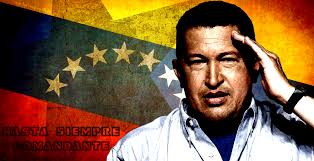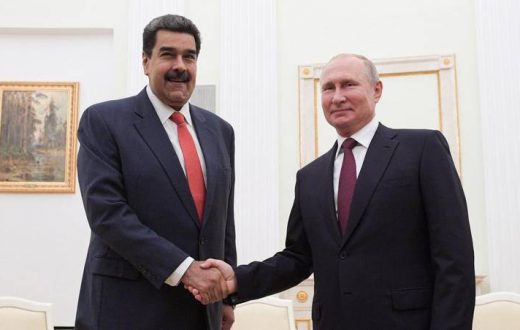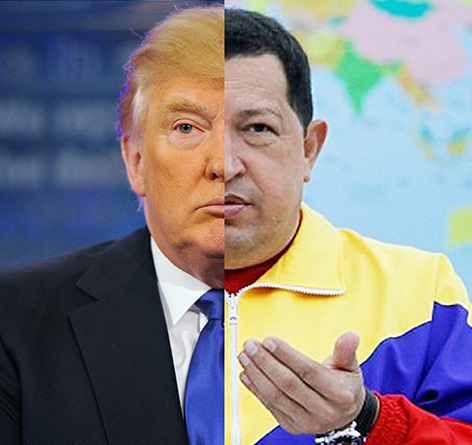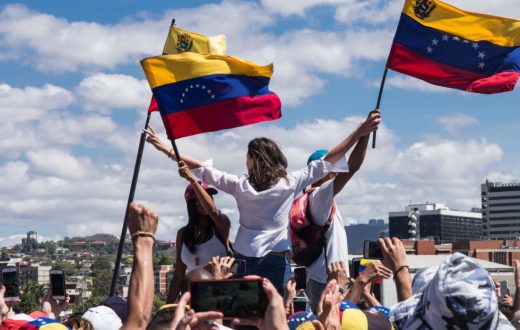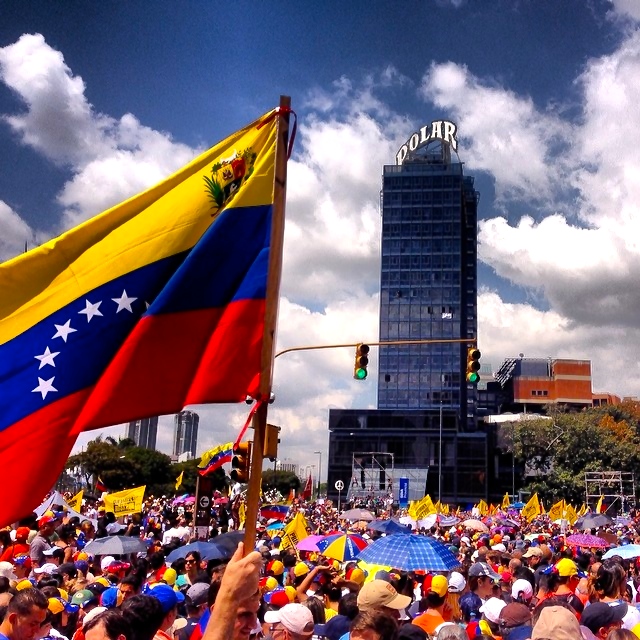The latest elections and polls led the world to believe that the depleted and drifting leftist governments of the region were about to disappear. However, there is a widespread sense of division and confusion in South American societies that will allow, at least for a while, to extend the term of power expiration for leftist populism.
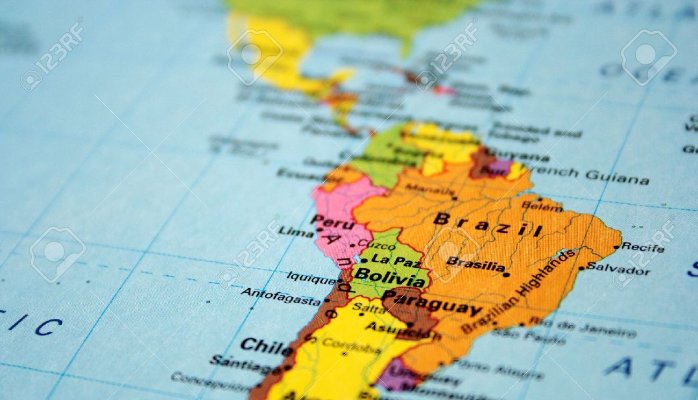
The rise of the new Left
Following Chávez’s inauguration in Venezuela in 1998, the rest of the countries of the region saw new leftist parties coming to power almost simultaneously through elections and replacing old and rusty neoliberal governments whose policies destroyed local economies.
At the beginning, the new administrations incarnated a new hope for the people. They calmed the crises, subsidized the poorest, benefited the national industries, reactivated the economies and generated in the collective unconscious a regional patriotic feeling which had as its central objective the consolidation of the so-called “Patria Grande”.
In order to achieve this objective they strengthened the region’s trade alliances and strongly rejected in 2005 the proposal of the former US President George W. Bush to create a free trade agreement. These anti-liberal policies seemed to be the solution to underdevelopment in South America, but were the opposite.
The Decline of Populism
Luck began to change as economies ceased to grow, unemployment increased, industries didn’t produce significant gains, social insecurity appeared and the first cases of corruption came to light. When the first complaints were heard, presidents like Cristina and Néstor Kirchner in Argentina, Evo Morales in Bolivia, Lula Da Silva and Dilma Rouseff in Brazil and Rafael Correa in Ecuador followed Chávez’s policies and unleashed political fanaticism.
They branded opponents as imperialist agents, didn’t listen to and minimized popular grievances, used excessively isolationist economic policies, idolized the communist terrorists of the 1970s as heroes, and transformed their activists into fanatics. These policies didn’t just worsened the regional economic situation but also deeply divided societies.
The Supposed End

The first leftist leader to fall was Fernando Lugo in Paraguay, through an impeachment whose legality is still the subject of debate. Then the stagnant economies and the social division in Argentina and Brazil had as a consequence the fall of the governments of Kirchner and Rouseff. In 2015 the right-wing liberal politician Mauricio Macri comes to power in Argentina, by a very small margin of votes. In 2016 the causes of corruption incited an impeachment against President Dilma Rouseff who was suspended from her position; In her place assumed her former Vice President , Michel Temer. This wave of changes of government affected the rest of the populists leaders like Morales in Bolivia and the Chavist regime of Maduro in Venezuela, who lost key elections. However, losing a battle doesn’t mean losing the war.
The failure of change
The hope that emerged from this regional political change came to an end quickly. Both Macri and Temer mistakenly believed that leftist activists were surrendered and brutally adjusted national economies. At first these recessions and economic adjustments were acceptable but as they went deeper they showed no signs of economic revival due to the lack of foreign investment and people returned to be disillusioned with a “change”. This failure that is being experienced in Argentina and Brazil nowadays has managed to revive the political ambitions of left-wing populist governments and parties, stopping South American hopes of a new political era
What will happen in the future?
The question of the main title of the article has a simple answer: South American political class is useless. Populist governments do not have good opposition. All the politicians who claim to be the new road to progress are just survivors of previous right-wing neoliberal governments that have failed too.
I think that South American societies must somehow break the ideological barriers that divide them and revise their respective contemporary histories to arrive at the only possible solution; the urgent need of true new honest leaders.
It is a difficult task, but if it is not done, the region is doomed to repeat its history over and over.The past failed and must stop ruining the present. It is time to look to the future and plant the seeds of a new era of development for South America.

